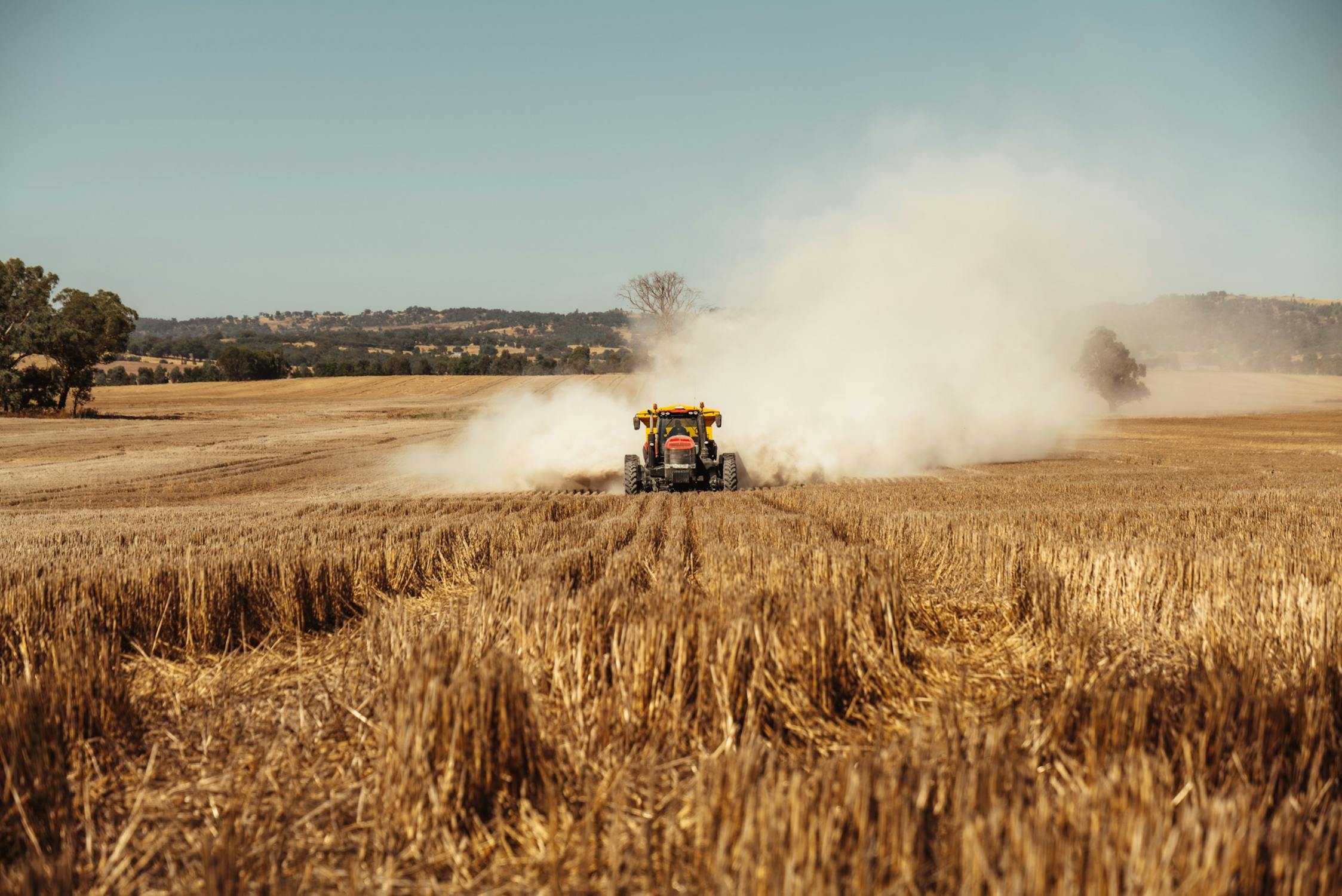The agrotech sector in Spain is experiencing significant growth, positioning itself as an essential component of agricultural and technological innovation. In 2022, the Spanish agrotech market reached a value of 3.3 billion dollars, with projections that indicate an increase to 5 billion dollars by 2027. This progress is due to key factors such as the growing demand for sustainable food, the need for more efficient resource management and the rapid adoption of innovative technologies by farmers.
In terms of investment, Spain’s agrotech sector captured an impressive figure in 2021, placing the country among the European leaders in investment in this area. Venture capital, private equity firms and public entities are the main sources of funding for these innovations.
The Spanish agrotech ecosystem has more than 750 companies, including a mix of small and medium-sized companies, as well as large corporations that are starting to venture into the sector. This diverse business fabric makes Spain one of the most dynamic agrotech centers in Europe.
Within this vibrant sector, several Spanish companies are at the forefront, introducing technological solutions that revolutionize the way in which agriculture is cultivated, managed and marketed. Agrow Analytics is a prominent example, developing advanced data analysis solutions for precision agriculture through the use of artificial intelligence and machine learning. This technology allows farmers to optimize their production with an innovative irrigation system. The company integrates all its data to provide accurate recommendations about the exact place, time and amount of water that crops need.
On the other hand, Azolla Projects is a pioneering initiative in Spain that seeks to transform the current agricultural landscape towards a more sustainable and environmentally friendly model. Its main focus lies on the promotion of regenerative agriculture, a set of agricultural practices that promote the improvement of soil health and, as a consequence, the natural sequestration of CO2 from the atmosphere.
Another significant innovation comes from Bio2Coat, which has developed biodegradable coatings for fruits and vegetables, extending their lifespan and reducing food waste, an important step towards sustainability in the food supply chain. By extending the shelf life of food, Bio2Coat contributes to a more sustainable food system. This reduces the amount of fruits and vegetables that are unnecessarily wasted, benefiting both producers and consumers. In addition, their biodegradable coatings avoid the need for disposable plastic containers, which is a plus for the environment.
NaanDanJain, with more than 80 years of experience, is a global company that offers a wide range of products for irrigation and water management in agriculture. Its goal is to provide efficient and sustainable solutions to help farmers optimize water use, increase the productivity of their crops and protect the environment.
Not only are these companies driving innovation in the Spanish agrotech sector, but they are also playing a crucial role in the transformation of agricultural practices towards a more sustainable and technologically advanced future. With every innovation, the agrotech sector in Spain is not only redefining modern agricultural practices, but also strengthening its position in the global economy.
Artificial intelligence, machine learning, the Internet of Things (IoT), Big Data and robotics are the predominant technologies in this sector. These tools are being used to address challenges such as optimizing water use, increasing crop productivity and reducing the environmental impact of agricultural activities.
Despite these advances, the agrotech sector faces significant challenges, such as the scarcity of adequate funding, the difficulty of finding qualified talent and the fragmentation of the market. However, these challenges have not impeded the growth of the sector, which is expected to continue to be a key driver for the Spanish economy in the coming years.

